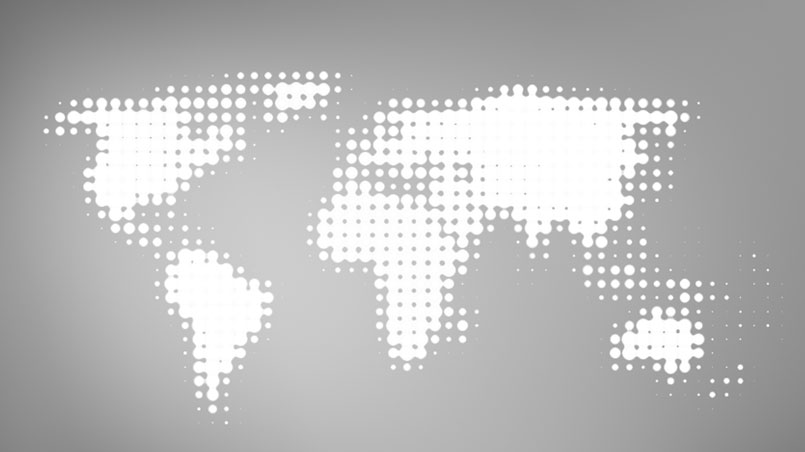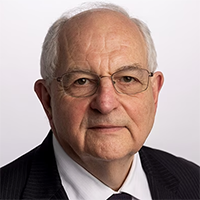 Payment
Payment
 Connect Us
Connect Us

 Jan 01, 2023
Jan 01, 2023
The ‘World Economic Order’ has three relatively novel characteristics: first, it has been subject to huge shocks; second, it has seen the emergence of great power conflict; and, third, it is being transformed by a shift away from trust in economic openness and especially liberal trade. On the first point, shocks have been either endogenous to the economic system, such as financial crises, or exogenous, such as the pandemic and the Ukraine-Russia war, or a mixture of the two, such as energy and food crises. On the second, the biggest developments by far are the rise of China to superpower status, the emergence of new alliances, notably that between China and Russia, and the rebirth of the western alliance, especially over the Ukraine-Russia war. On the last, the biggest change is the rise in protectionism and suspicion of China, in particular, in the US, which was the original creator of the liberal global economic order. These changes have inevitably created new ‘Economic Challenges’. One such challenge is a reshaping of global supply chains to reduce vulnerability to deliberate or accidental shortages. Another is disarray within global institutions, notably the World Trade Organisation, but also in the International Monetary Fund, as well as a tendency for China to create its own parallel institutions. Yet another is a tendency for countries to be asked to choose which ‘side’ they are on, but also for countries to seek to play competing powers off against one another. More fundamental still are the economic shocks that have rained down on vulnerable countries, though there are also new opportunities. Finally, there are increasingly significant global challenges that are more than merely economic, notably protection of the biosphere and sustaining global peace.

Chief Economics Commentator, The Financial Times, UK
Owned by: Institute of Directors, India
Disclaimer: The opinions expressed in the articles/ stories are the personal opinions of the author. IOD/ Editor is not responsible for the accuracy, completeness, suitability, or validity of any information in those articles. The information, facts or opinions expressed in the articles/ speeches do not reflect the views of IOD/ Editor and IOD/ Editor does not assume any responsibility or liability for the same.
About Publisher

Bringing a Silent Revolution through the Boardroom
Institute of Directors (IOD) is an apex national association of Corporate Directors under the India's 'Societies Registration Act XXI of 1860'. Currently it is associated with over 30,000 senior executives from Govt, PSU and Private organizations of India and abroad.
View All BlogsMasterclass for Directors
Categories